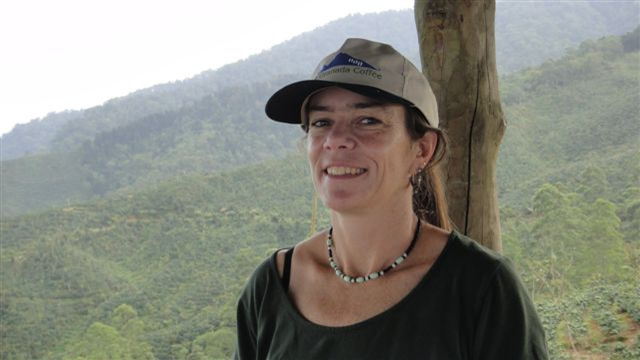
Lean Sweeney
Assistant Professor of History
What excites me about the Engagements classes is that they are meant to be “pre-disciplinary”—more about thinking across and among common categories of study than inside of those categories. My research and teaching looks at how category-making and -breaking shapes how we think, look, act and engage with others—how we understand the categories of citizen versus foreigner, bandit versus merchant, revolutionary versus criminal, and how crossing in between those labels or identifying with both simultaneously changes the history people leave behind. My first book, Survival of the Bandits: the Icaiché Maya and Frontier Politics in the Southeastern Yucatan Peninsula, 1847-1904, examined the ways a Mayan group operating on the Mexico-Belize-Guatemala frontiers assumed a diversity of political identities in order to regain control over their territory and become recognized military and political leaders. My current manuscript, Emigrados: Expulsion, Exile and Transnational Politics on the Mexico-Guatemala Border, 1821-1899, looks at the way a variety of groups living in the borderlands determined the meaning and location of the border and shaped international diplomacy even while official correspondence and popular news reports identified these residents as outsiders and criminals. My Engaging Difference course, Trash, asks students to investigate the origins of their own divisions of the world, examining how their classification of things, people and acts as “trash” inform their politics, identity and behavior. We will look at understandings of “purity” and “filth” across time and cultures, learn about the ongoing politics and industries surrounding dumping and sorting, conduct archeological analysis of our own trash and learn to make art from once discarded refuse.
